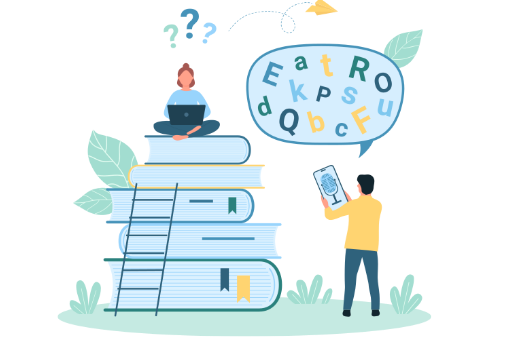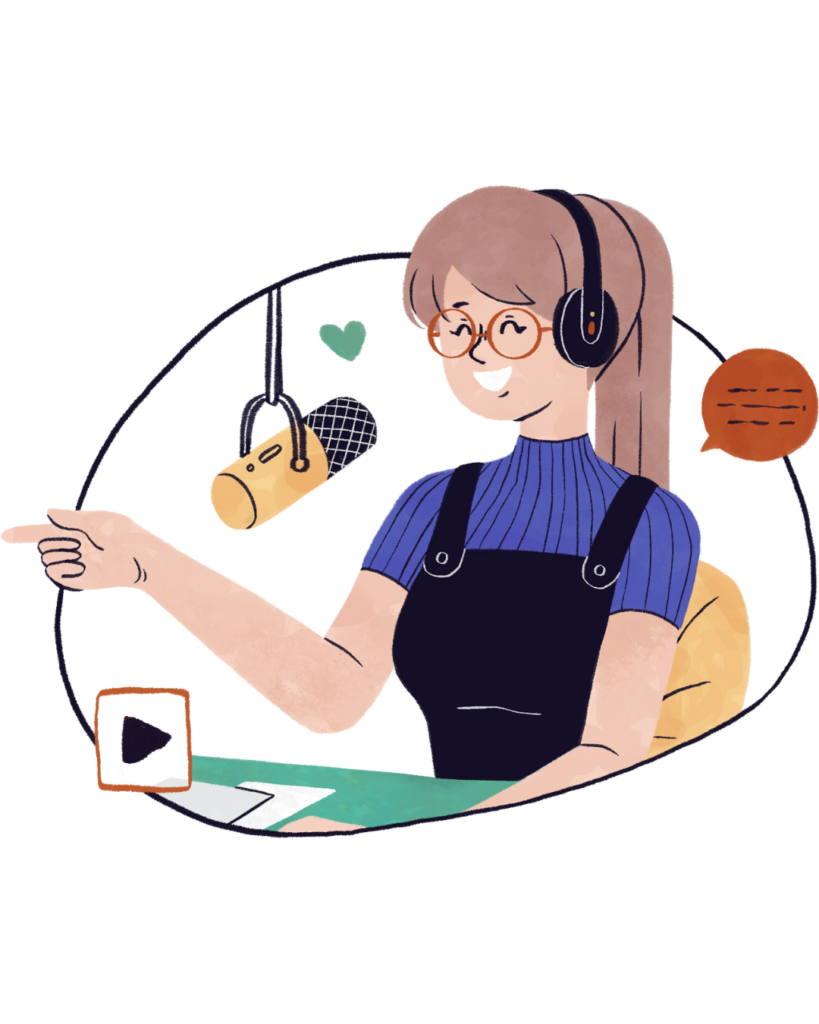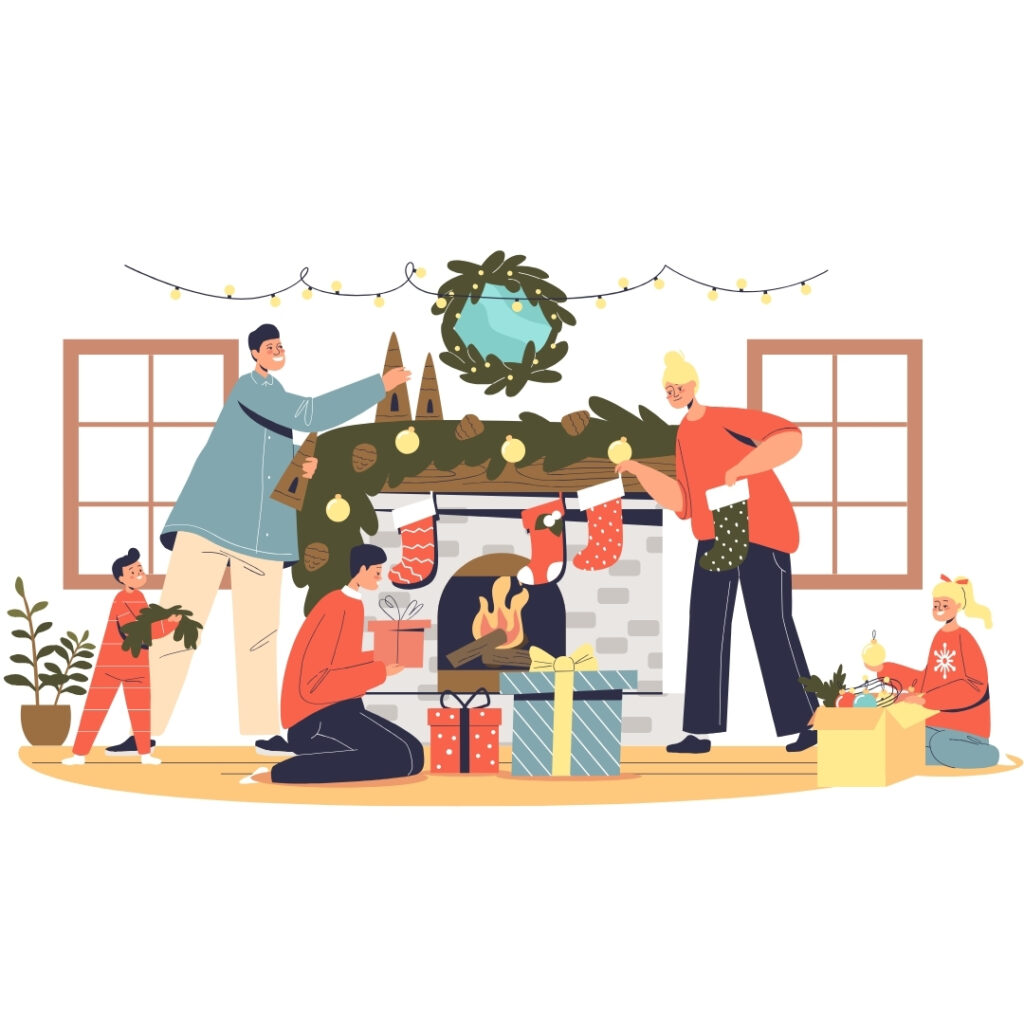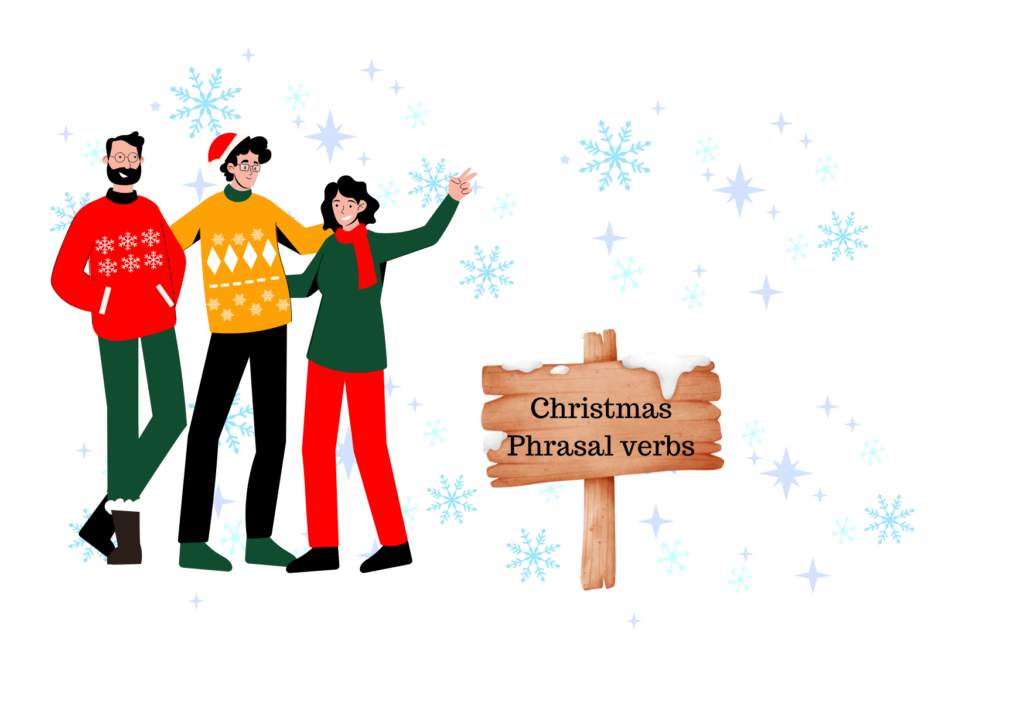Language evolves quickly, and nowhere is this more evident than in the vibrant British slang of 2024. If you’re an ESL learner or simply want to dive deeper into British culture, mastering the latest British slang for ESL learners will help you connect with locals and sound more natural in conversation. Ready to expand your vocabulary? Let’s explore the top British slang phrases for 2024!
Why Learn British Slang?
Learning British slang words for ESL learners is more than just a fun way to enhance your language skills—it’s a gateway to understanding the humour, creativity, and personality of British culture. Whether you’re planning to visit the UK, binge-watching British TV shows, or chatting with friends from across the pond, incorporating British slang for ESL learners into your vocabulary will help you communicate more effectively and feel like part of the local crowd.
Top 10 British Slang Words in 2024
- Cheeky
Meaning: Playfully rude or audacious.
Example: “Let’s grab a cheeky pint after work.”
Usage: Use “cheeky” to describe something spontaneous, slightly naughty, or fun. It’s perfect for casual plans or light-hearted banter. - Peak
Meaning: Something bad, unfortunate, or not ideal.
Example: “It’s raining again—that’s peak.”
Usage: “Peak” is a go-to word for disappointing situations, from minor annoyances to major setbacks. - Gassed
Meaning: Excited, enthusiastic, or overconfident.
Example: “He’s so gassed about his new job.”
Usage: Use “gassed” to show you’re thrilled or energized, but it can also imply someone’s getting overly self-assured. - Bare
Meaning: A lot of something, very, or very much.
Example: “There were bare people at the party last night.”
Usage: Emphasize quantity with “bare,” whether referring to crowds, effort, or anything else. - Peng
Meaning: Attractive or good-looking.
Example: “That outfit is peng.”
Usage: Compliment someone’s appearance or something visually stunning with “peng.” - Dead
Meaning: Boring or unimpressive.
Example: “That club was dead, let’s go somewhere else.”
Usage: If something lacks energy or excitement, call it “dead.” It’s straightforward and impactful. - Leng
Meaning: Very attractive or impressive.
Example: “Did you see that new car? It’s leng!”
Usage: Think of “leng” as an upgrade from “peng” for describing stunning people or things. - Innit
Meaning: Short for “isn’t it,” often used as a tag question or for emphasis.
Example: “It’s a nice day, innit?”
Usage: A classic example of British slang, “innit” adds a touch of authenticity and helps check agreement in informal conversation. - Mad
Meaning: Crazy, extreme, or impressive.
Example: “That concert was mad!”
Usage: Use “mad” to describe something overwhelming or amazing, whether it’s positive or negative. - Buzzin’
Meaning: Excited or happy.
Example: “I’m buzzin’ for the weekend!”
Usage: Show your enthusiasm and anticipation with “buzzin’.” It’s all about good vibes and high energy.
Pro Tips for Using British Slang
- Context is Key: Slang is best suited for informal settings, so be mindful of when and where you use it.
- Engage with British Media: Watching British TV shows, listening to podcasts, or following social media influencers can help you hear British slang for ESL learners in action.
- Practice Makes Perfect: Start with one or two phrases and gradually incorporate them into your conversations for a natural flow.
Ready to Speak Like a Brit?
Adding these British slang words for ESL learners to your vocabulary is an exciting way to sound more authentic and connect with British culture. From casual chats to understanding local humor, these phrases will elevate your English skills and help you blend in seamlessly.
So, are you ready to start using the top British slang words of 2024? Grab a cuppa and share this article with friends who want to join you on this linguistic journey!









